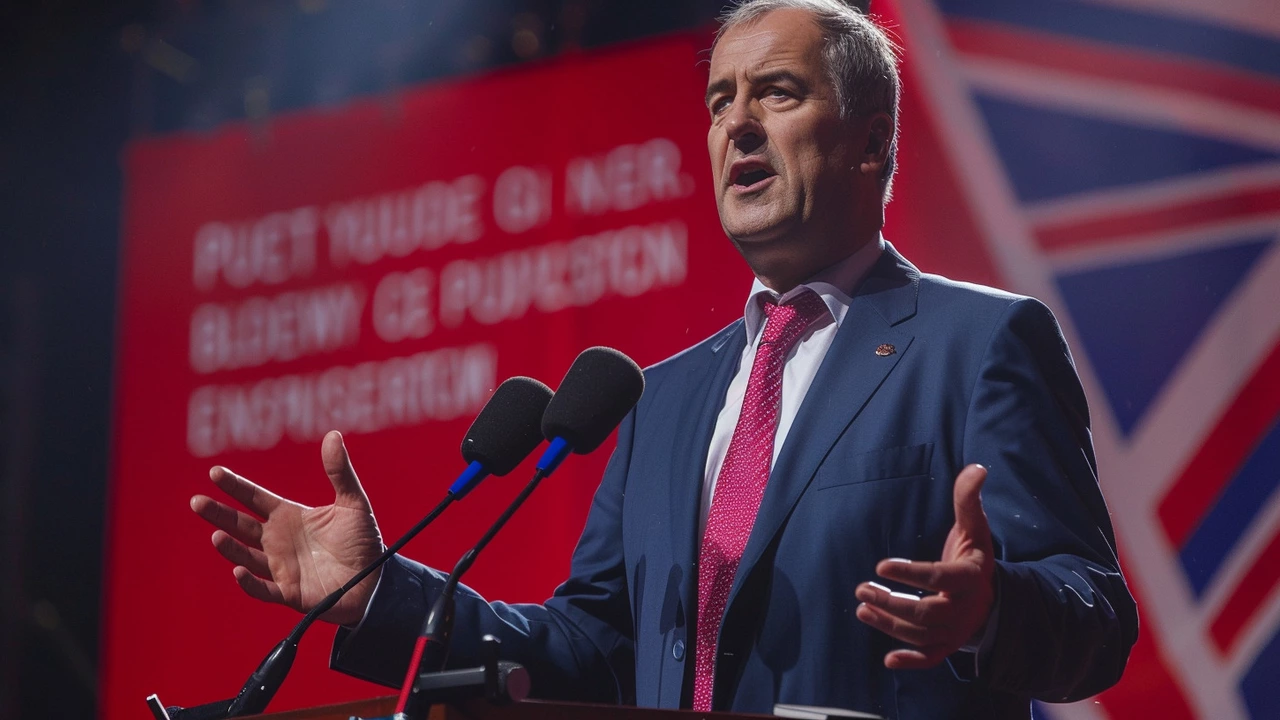May 2024 Archive: Geeta Guru-Murthy’s Apology to Nigel Farage
In early May 2024, the BBC found itself in the middle of a fresh controversy. Geeta Guru‑Murthy, a well‑known presenter, issued a public apology to former UKIP leader Nigel Farage. Why did a news anchor need to apologise? Let’s break it down.
What Triggered the Apology?
The story began at a Reform UK press conference. Farage gave a fiery speech about the upcoming general election. While covering the event, Guru‑Murthy described his remarks as using “inflammatory language.” Farage took offense, claiming the description was biased and misleading. He lodged a complaint with the BBC’s editorial team, and the network opened an internal review.
After the review, the BBC concluded that the phrase “inflammatory language” could be seen as a value judgement rather than a simple factual observation. To protect its reputation for impartiality, the corporation asked Guru‑Murthy to apologise on air. She did so, acknowledging that her wording might have suggested a personal view of Farage’s speech.
Why It Matters for the Election
This incident hits the headlines because the UK is gearing up for a general election on July 4. Trust in the media is a hot topic, and any hint of bias can tip public opinion. The BBC’s lineup for the election—anchored by Laura Kuenssberg and Clive Myrie—will host live debates between Prime Minister Rishi Sunak and opposition leader Keir Starmer. If viewers suspect that the broadcaster favours one side, the credibility of those debates could suffer.
For Farage, the apology becomes another talking point. He uses it to argue that the mainstream media is stacked against him and other “outsider” voices. For the BBC, the quick apology is a way to show it takes impartiality seriously. Both sides are trying to shape the narrative before millions head to the polls.
So what can you take away from all this? First, language matters—a single adjective can trigger a backlash. Second, broadcasters are walking a tightrope: they need to inform, but also stay neutral, especially when elections loom. Finally, the public is paying close attention. Any perception of bias will be dissected on social media, in talk shows, and in the streets.
If you follow UK politics, you’ll see this pattern repeat: a presenter makes a comment, a politician cries foul, the regulator steps in, and the story cycles back to the question of who gets to set the tone. Keeping an eye on these moments helps you understand the bigger picture of media influence on democracy.
That’s the gist of the May 2024 archive entry. Stay tuned for more updates as the election draws near, and keep questioning the language you hear on the airwaves.
